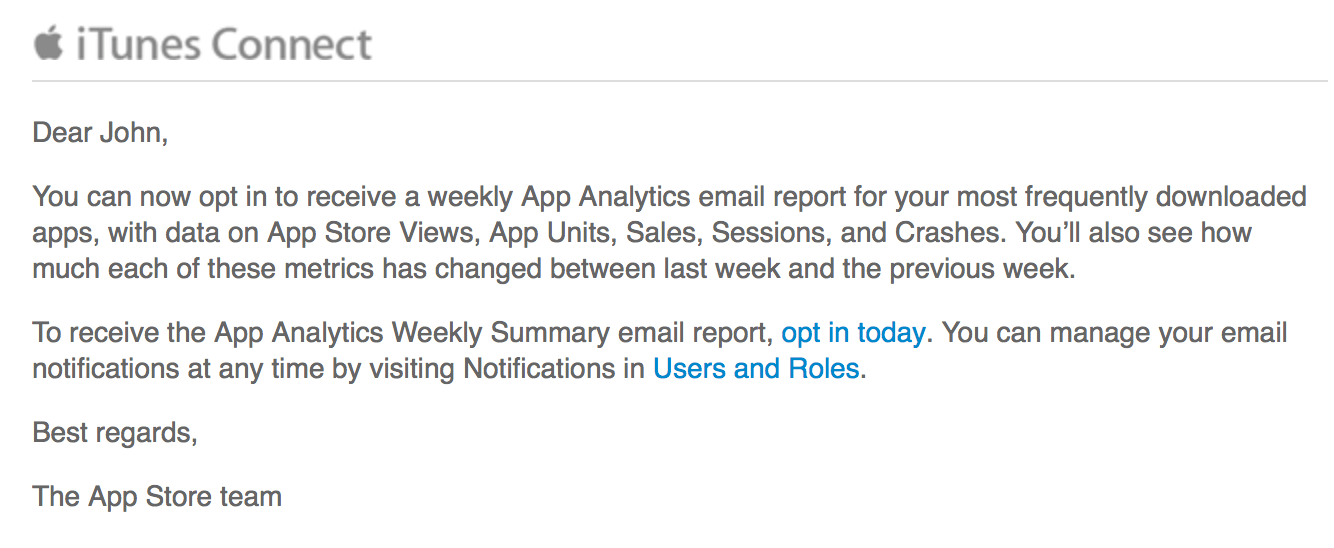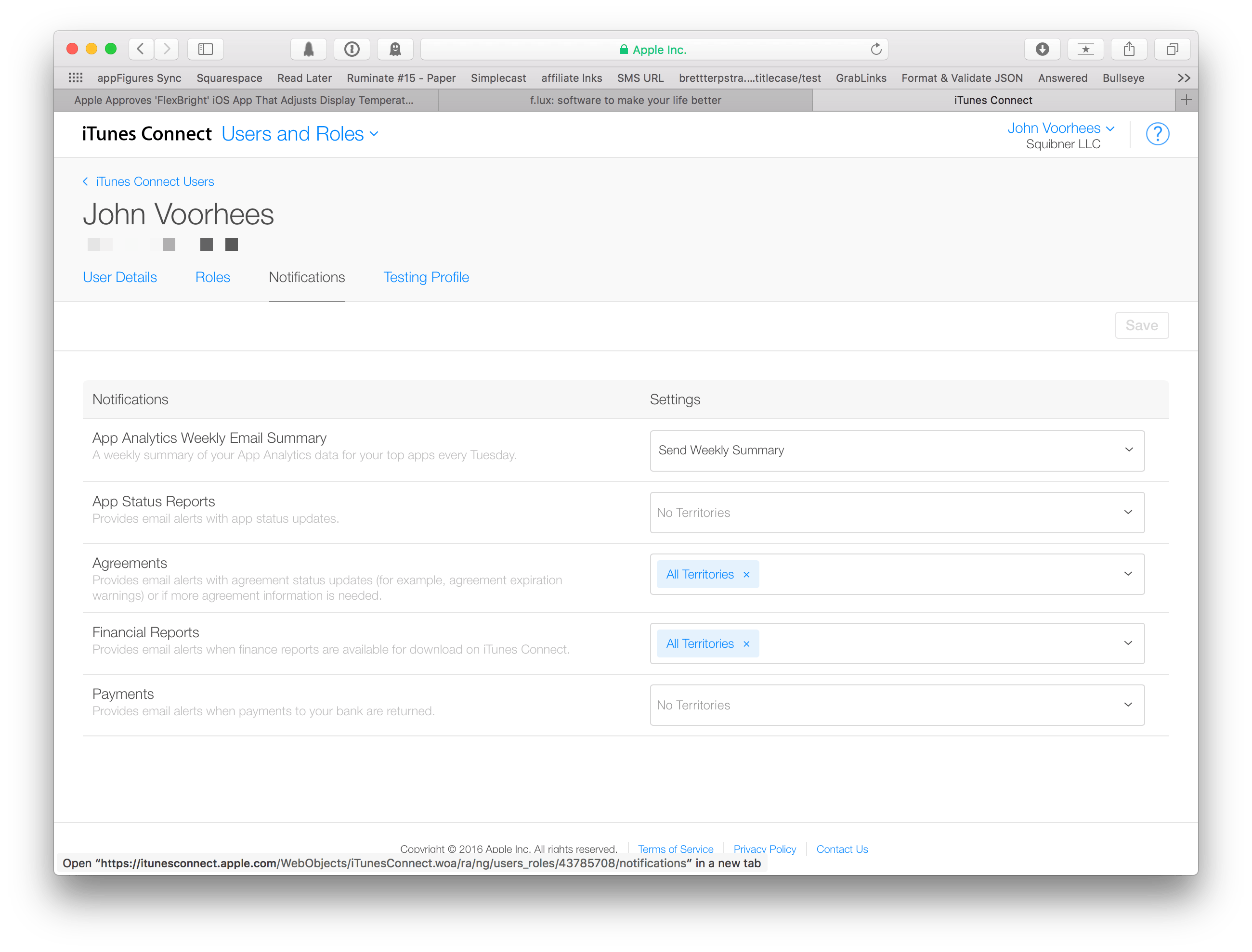Since the App Store launched in 2008, every app and every app update has gone through a process of App Review. Run by a team within Apple, their objective is to keep the App Store free from apps that are malicious, broken, dangerous, offensive or infringe upon any of Apple’s App Store Review Guidelines. For developers who want to have their app on the iOS, Mac, or tvOS App Store, App Review is an unavoidable necessity that they deal with regularly. But in the public, little is heard about App Review, except for a few occasions in which App Review has made a high-profile or controversial app rejection (such as the iOS 8 widgets saga) or when App Review has mistakenly approved an app that should never have been approved (such as the app requiring players to kill Aboriginal Australians).
Earlier this year we set out to get a better understanding of what developers think about App Review. We wanted to hear about their positive and negative experiences with App Review, and find out how App Review could be improved. It is hard to ignore from the results we got, from a survey of 172 developers,1 that beneath the surface there is a simmering frustration relating to numerous aspects of App Review. There is no question that App Review still mostly works and very few want to get rid of it, but developers are facing a process that can be slow (sometimes excruciatingly so), inconsistent, marred by incompetence, and opaque with poor communication. What fuels the frustration is that after months of hard work developing an app, App Review is the final hurdle that developers must overcome, and yet App Review can often cause big delays or kill an app before it ever even sees the light of day.
Developer frustration at App Review might seem inconsequential, or inside-baseball, but the reality is that it does have wider implications. The app economy has blossomed into a massive industry, with Apple itself boasting that it has paid developers nearly $40 billion since 2008 and is responsible (directly and indirectly) for employing 4 million people in the iOS app economy across the US, Europe and China. As a result, what might have been a small problem with App Review 5 years ago is a much bigger problem today, and will be a much, much bigger problem in another 5 years time.
App Review is not in a critical condition, but there is a very real possibility that today’s problems with App Review are, to some degree, silently stiffling app innovation and harming the quality of apps on the App Store. It would be naïve of Apple to ignore the significant and numerous concerns that developers have about the process.
Read more





